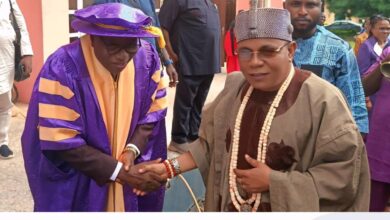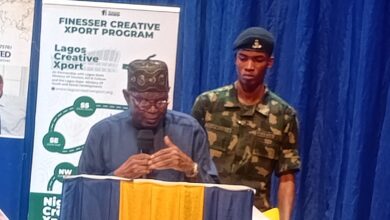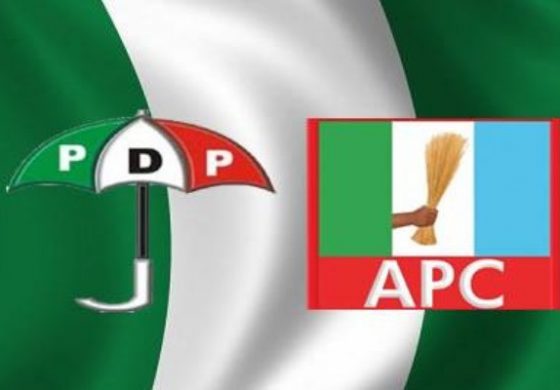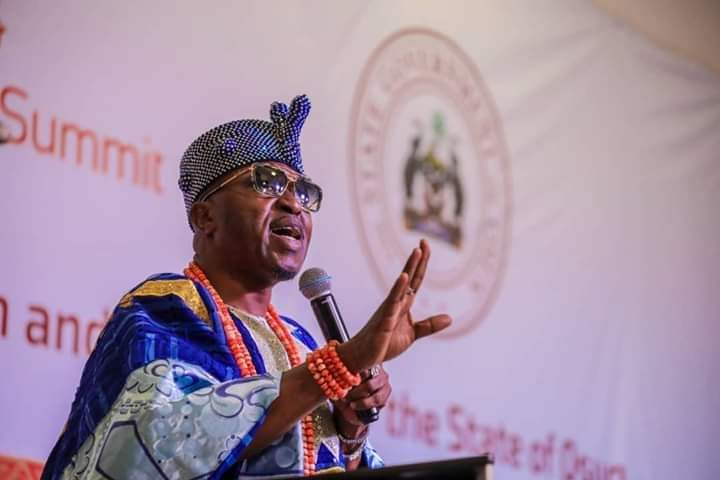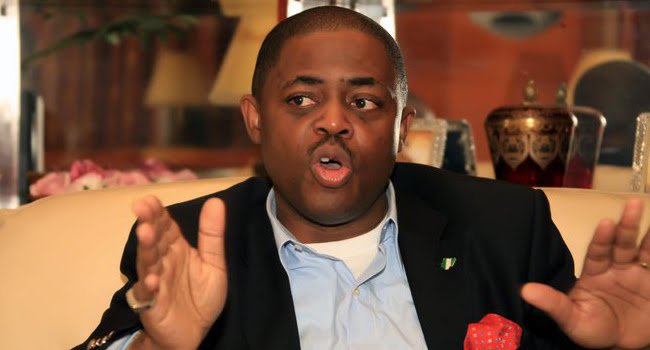PMB’s Second Term: Looking back, and looking forward, by Femi Adesina

To borrow the words of colourful First Republic politician, Chief Ozumba Mbadiwe, “come has finally come to become” for President Muhammadu Buhari, as he has won election to serve a second term in office, after a pulsating contest. The country, nay, Africa, and the world look forward to the inauguration on May 29, 2019.
What will be the priorities of the Buhari administration in second term in office? Before we look forward, let’s first look back, as the future is often embedded in the past. The key to unlocking the future is usually in the palm of the past.
What did President Buhari do in the first four years? What did he promise, and what did he achieve?
In 2015, the President pledged to secure the country, revive the economy, and fight corruption. These were the three focal points, the fundamentals on which the administration was pedestaled. And what is the report card?
When the government took the reins of power in May 2015, the security of the country was in tatters. Insurgents ran riot, and bombs went off like firecrackers in many parts of the country. North-west, North-east, North-central, including the Federal Capital Territory, were beleaguered. The insurgents were on their way to the southern part, and the whole country would have become history.
But the tested retired Army General took the war to Boko Haram. Stressing that you can’t efficiently manage a country until you have secured it, he relocated the command centre of the war to Maiduguri, which is the epicenter of the insurgency. Steadily and progressively, the insurgents were beaten back, till they got circumscribed in Sambisa Forest. Even that was taken away from them, till they became like sheep without shepherd, mingling with the civilian population to attack soft targets. Today, the insurgency is terribly degraded. Though not totally conquered, it is only a matter of time. The situation today can in no way be compared to what we had in 2015. President Buhari is winning the security war.
Other theatres of insecurity like kidnapping, armed robbery, attacks by violent herdsmen on farmers, and other civil strifes, are also being addressed. Eventually, calm will suffuse the entire country.
The economy was comatose in 2015, and it was no surprise that it went into recession the following year. Throw up the hands in resignation and bemoan the tough luck that saw oil prices plunging from above 100 dollars per barrel to below 30 dollars? Not the Buhari administration. It rolled its sleeves, and set to work. Massive investments were made in agriculture and infrastructure, so as to jumpstart the economy. And truly, it roared to life, and recession lasted for only a year. The Economic Recovery and Growth Plan (ERGP) was enunciated, launched and vigorously executed, and by the fourth quarter of 2018, things were looking positive. Inflation had dropped for more than eleven consecutive months, and the impact was beginning to be felt in the prices of commodities. Importation of rice and other grains had almost stopped completely, and millions of dollars were being saved daily.
On corruption, there was a new reality in the country. There was a time we’d been told that stealing was not corruption. But behold a new dawn. Every form of stealing was being punished, and all malefactors, both high and low, were being hurled before the courts, and thrown into jail.
What shall we say of massive infrastructure works round the country? Roads, bridges, rail, power, and many others. Nigeria had never seen it in that fashion.
Now, to look forward. What will the Buhari administration do in its second term? Many things, in fact, a basket of goodies. It is a term of consolidation, a term of legacy building, as encapsulated in the Next Level road map. Progress and prosperity for Nigerians at many levels.
The three fundamental areas will continue-security, economic revival, and fighting corruption-but there will be some other definite deliverables. What are they?
Education will be refocussed, with the curriculum tweaked to place more emphasis on Science, Technology, Engineering, Arts and Maths. These will surely launch Nigeria into a new realm, positioning her with the developed world in the not too distant future.
Health care will come under focus, with the intention of building a healthy populace, who can hold their own in different areas of endeavour.
Infrastructure development will continue. Roads, rail, bridges, housing, and many others. The country will become one giant construction site, and this will further unlock economic development, and improve the quality of life.
Government will be inclusive. The boundless talents of Nigerians will be harnessed for national development. More women and youths would be brought on board.
Poverty reduction will be a deliberate policy. The Social Investment Program, already described as the largest and most successful in Africa, will be strengthened with the introduction of Monibank for traders and artisans, while an Entrepreneurs Bank would also be established to take care of small and medium scale enterprises. Home Grown School Feeding Program, catering for the needs of about ten million pupils now, will be given a fillip, engagement of unemployed graduates, and conditional cash transfer to the poorest of the poor, would also continue. Millions of Nigerians would be taken out of grinding poverty in the next four years, no doubt.
Power. Billions of dollars had been expended on this in the past decades, but where is the power, as the President would ask. Emphasis would be on power generation and distribution as to make a difference in the next four years.
Agriculture would continue to have pride of place in terms of funding. Lip service had been paid to diversifying the Nigerian economy for decades, but now, it is reality. Food security will be achieved in the second term. About eight million jobs were generated from the sector in the first term, many more millions are sure to come.
Anti-corruption? No joke. People with itchy fingers, past and present, will continue to fall in trouble, and probity and accountability will remain the order of the day. Honesty remains the best policy.
All these, and more are what Nigerians can look forward to in the legacy epoch, which is the second term of the Buhari administration. And by the time the term ends, the country would never be the same again. The joy kiln will be kindled in the hearts of the people, and they will leap for joy. These are promises you can take to the bank.
*Adesina is Special Adviser to President Buhari on Media and Publicity



